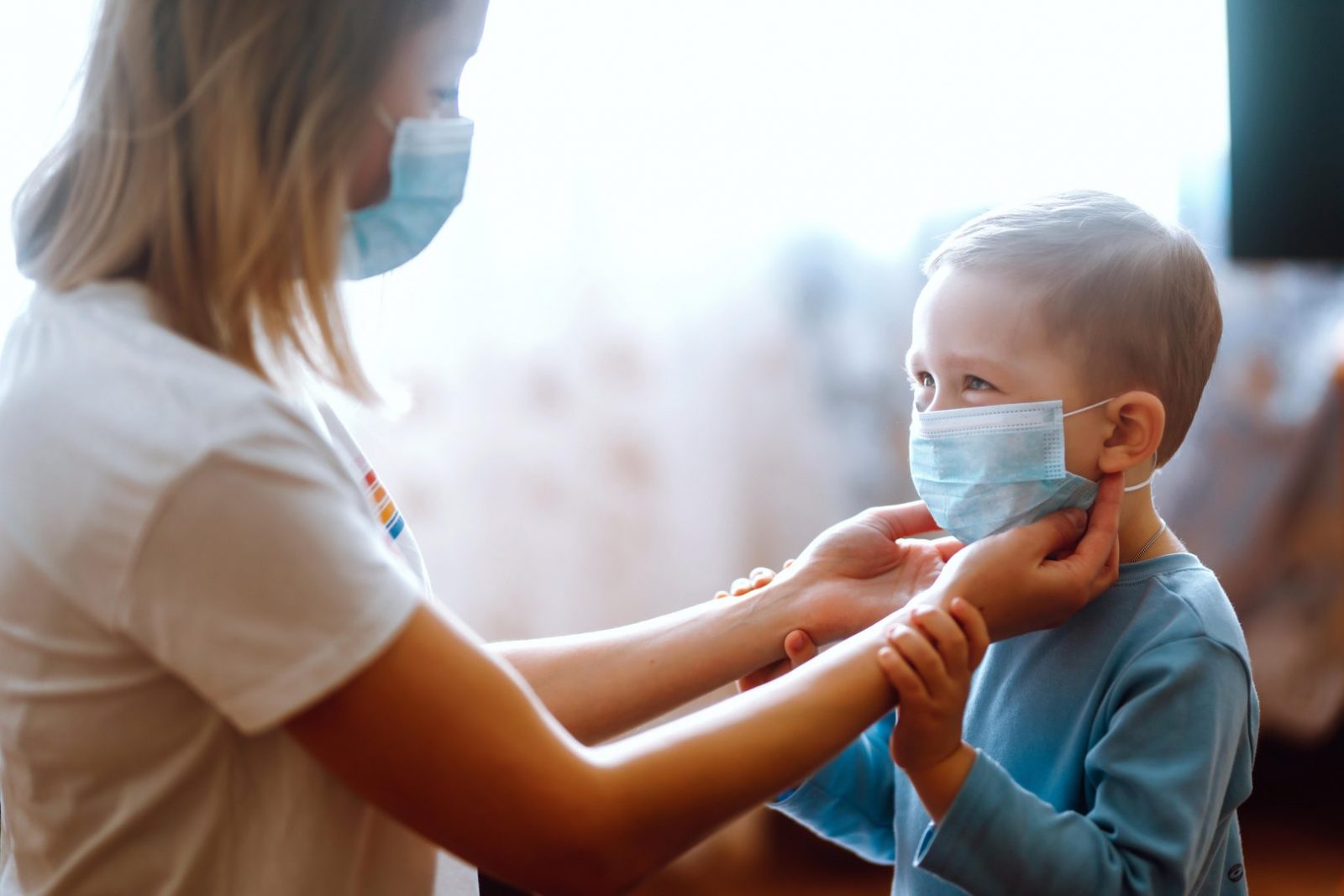Findings seen for young children assessed at 24 and 54 months of age
By Lori Solomon HealthDay Reporter
TUESDAY, Nov. 28, 2023 (HealthDay News) — Pandemic exposure is associated with both positive and negative aspects of young childrenâs cognitive and emotional well-being, according to a study published online Nov. 16 in JAMA Network Open.
Katherine E. Finegold, from the University of Toronto, and colleagues examined associations of pandemic exposure with neurocognitive and socioemotional development at 24 (718 children) and 54 months of age (703 children) participating in the Ontario Birth Study (February 2018 to June 2022).
The researchers found that at 24 months of age, pandemic-exposed children had a reduced risk for problem-solving difficulties using cutoff scores (odds ratio, 0.33) and higher problem-solving (B, 3.93) compared with nonexposed children. However, pandemic-exposed children had a higher risk for personal-social difficulties using cutoff scores (odds ratio, 1.67) and continuous scores (B, â1.70) versus nonexposed children. Pandemic-exposed children had higher receptive vocabulary at 54 months of age (B, 3.16), visual memory (B, 5.95), and overall cognitive performance (B, 3.89) versus nonexposed children, with no differences in socioemotional development.
“These findings suggest that health care practitioners and educators may encounter a mix of pandemic-related outcomes among young children as they plan recovery efforts following the pandemic,” the authors write.
Copyright © 2023 HealthDay. All rights reserved.







